The argument about Darwinian evolution vs creationism is a popular area of discourse which I have never joined because I don't understand it at all. I can't wrap my head around it, not even close.
I have a problem with the disdainful discussion of "creationists" by the intelligentsia who generally seem to favor the evolutionists as being more aligned with science and therefore reality. I don't think it's either one, really, because I believe in eternity. I believe in a light shining in the darkness,I believe in birth and death, in regeneration and flux. I accept the laws of thermodynamics: that all beings seek equilibrium and that equilibrium is achieved only in death. I believe we are born again and again, and that some people are old souls heading towards enlightenment, and that then they'll start all over again. I love the Hindu and Buddhist texts that talk about endless ages and intoxicatingly large expanses of time.
Once again, I admit I may be missing something, because I totally don't understand the issue. I am not a religious nut, not by a long shot. I am not a so-called evangelical. I am not what some would call a gun-toting Bible-belt single-minded zealot. I do believe that species adapt and evolve. God knows when I take out the family Bible and look at photos of my great-great grandparents, so stern and odd, they seem to be a different species altogether. But even a cursory look through a few hundred years on ancestry.com will awaken you to a dim understanding of the huge swells and tides of humanity. We don't need to be evolved from the apes, just from folks trying to make the best of it down through the millennia.
We know, from science, there is world upon world in the universe. Solar system upon solar system, galaxy upon galaxy. When I was a little girl, starting in my very youngest years on earth, my parents and grandparents taught me that God had no beginning and no end, that He lived forever and ever and ever. And as we lay in summer fields I learned: same with the stars in the sky- no beginning and no end. Even at the age of two or three, I could wrap my head around that, or at least try. And it was a comfort and a thrill to hear or to say "I will love you forever and ever and ever." The thought of eternity comes easy to certain children.I know my children all loved those thoughts.
So if there is forever and ever, world without end, and if, for example, as many Christians affirm weekly in the Apostles Creed, "I believe... in the communion of saints, the foregiveness of sins, the resurrection of the body, and the life everlasting", then why is it so hard to accept that the tide of homo sapiens has been continual throughout time and space? We learned from scientists in Japan and Wisconsin last Fall that skin cells, when mixed with just a few genes, could theoretically be changed into sperm and egg cells. This is a jump but think about it: bits and pieces of you, sloughed off in the shower or your hairbrush or even the grave, could theoretically drift and mingle with the stuff of stars and be reconstituted into you again*. Resurrection of the body, life everlasting, if you will only believe.
Before I send you off to read the Dalai Lama's Thought for the Week, which carries this thinking further, I'll encourage you to watch and listen for three or four minutes, to Claude Jeter and the Swan Silvertones sing "All Things Are Possible If You Will Only Believe."
Dalai Lama Quote of the Week
"As to what might be the mechanism through which karma plays a causal role in the evolution of sentience, I find helpful some of the explanations given in the Vajrayana traditions, often referred to by modern writers as esoteric Buddhism. According to the Guhyasamaja tantra, a principal tradition within Vajrayana Buddhism, at the most fundamental level, no absolute division can be made between mind and matter. Matter in its subtlest form is prana, a vital energy which is inseparable from consciousness. These two are different aspects of an indivisible reality. Prana is the aspect of mobility, dynamism, and cohesion, while consciousness is the aspect of cognition and the capacity for reflective thinking. So according to the Guhyasamaja tantra, when a world system comes into being, we are witnessing the play of this energy and consciousness reality.
...Despite the success of the Darwinian narrative, I do not believe that all the elements of the story are in place. To begin with, although Darwin's theory gives a coherent account of the development of life on this planet and the various principles underlying it, such as natural selection, I am not persuaded that it answers the fundamental question of the origin of life. Darwin himself, I gather, did not see this as an issue. Furthermore, there appears to be a certain circularity in the notion of "survival of the fittest." The theory of natural selection maintains that, of the random mutations that occur in the genes of a given species, those that promote the greatest chance of survival are most likely to succeed. However, the only way this hypothesis can be verified is to observe the characteristics of those mutations that have survived. So in a sense, we are stating simply this: "Because these genetic mutations have survived, they are the ones that had the greatest chance of survival."
From the Buddhist perspective, the idea of these mutations being purely random events is deeply unsatisfying for a theory that purports to explain the origin of life. ...One empirical problem in Darwinism's focus on the competitive survival of individuals, which is defined in terms of an organism's struggle for individual reproductive success, has consistently been how to explain altruism, whether in the sense of collaborative behavior, such as food sharing or conflict resolution among animals like chimpanzees or acts of self-sacrifice. There are many examples, not only among human beings but among other species as well, of individuals who put themselves in danger to save others.
...From the scientific view, the theory of karma may be a metaphysical assumption--but it is no more so than the assumption that all of life is material and originated out of pure chance."
--from The Universe in a Single Atom: Convergence of Science and Spirituality by H.H. the Dalai Lama
*see http://thehurlyburly.blogspot.com/2007/11/stem-cell-revelations-and-eternal-life.html
And remember the Einstein Thought For the Day earlier this week: "Mass and energy are both but different manifestations of the same thing - a somewhat unfamiliar conception for the average mind."
Subscribe to:
Post Comments (Atom)


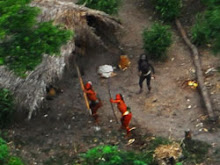
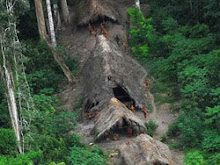











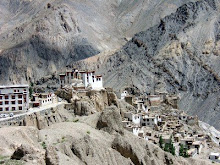







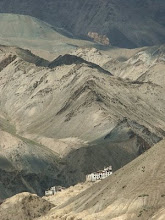















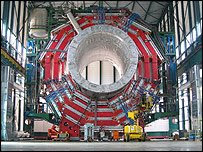
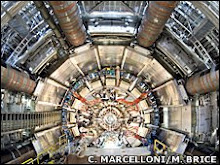








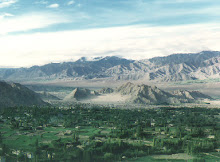

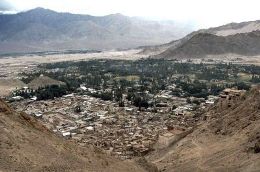

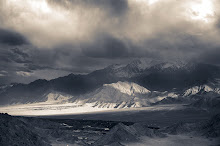
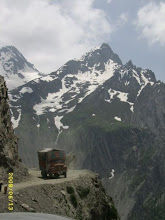
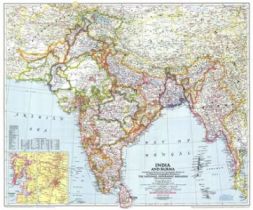
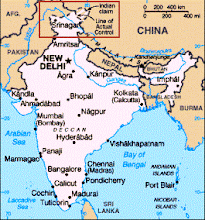
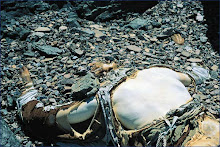
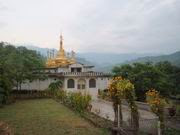






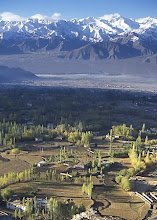







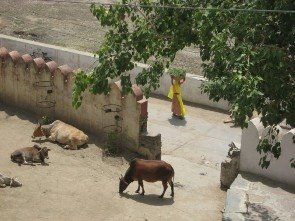



















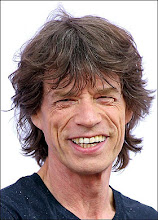

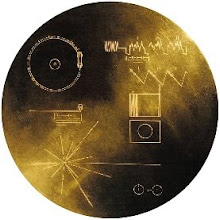







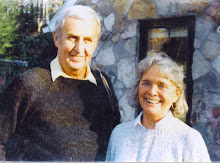












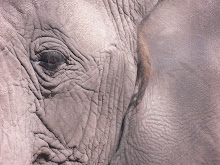
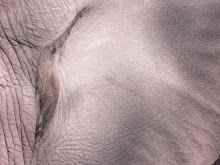









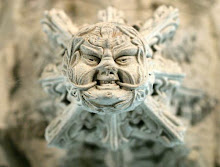







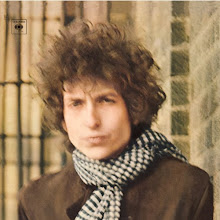
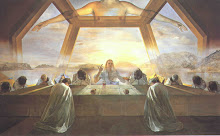
































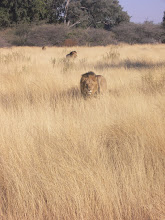
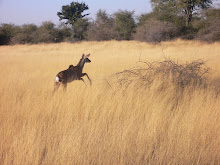




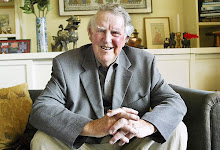
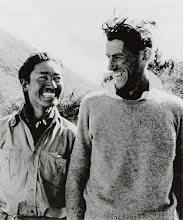

No comments:
Post a Comment